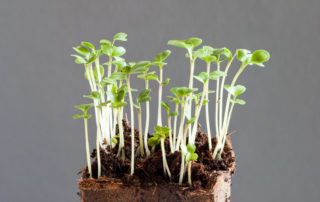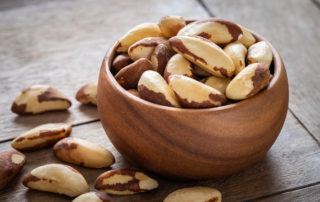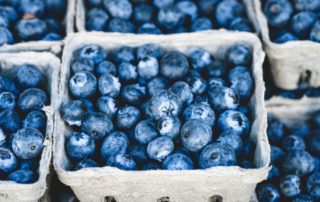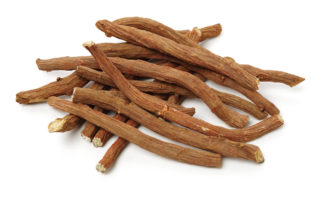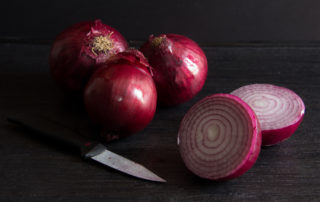Lowering Glutamate | Taurine
Taurine–Is an inhibitory amino acid. Beef, lamb, dark chicken meat, and eggs are food sources of taurine. Why is taurine from whole food important? Commercial taurine supplements can increase sulfur which may already be high due to certain gene mutations (CBS & SUOX), and supplementing any free amino acid can pose some amount of glutamate risk. Additionally, the toxins associated with yeast/candida (which is very common) can deplete taurine. Since taurine is so important in the conversion of glutamate to GABA and as an inhibitory neurotransmitter, it is important that adequate levels are achieved through diet. [...]


